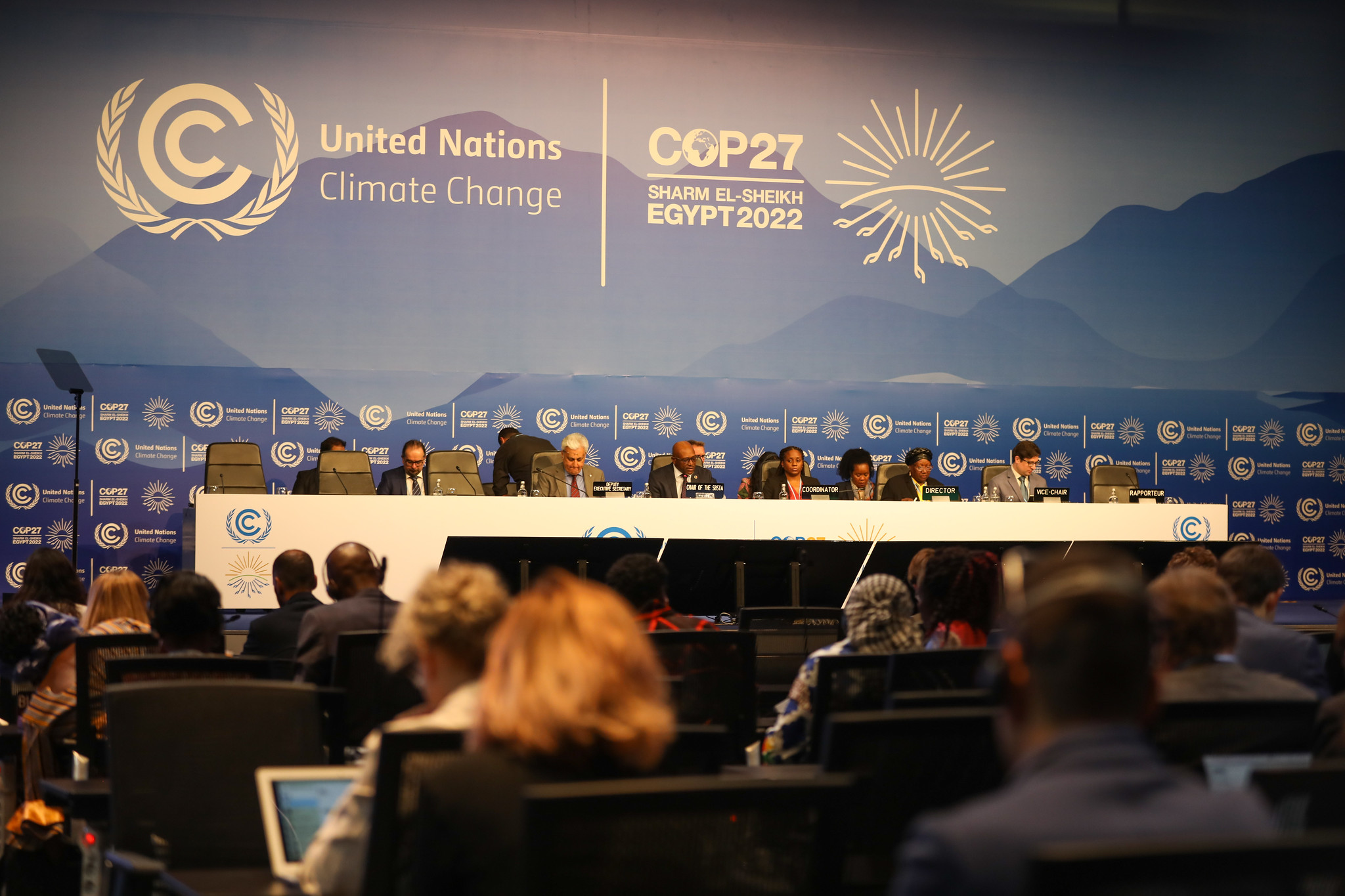The 2021 Nobel Prize in Physics was awarded to three scientists – Syukuro Manabe, Klaus Hasselmann, and Giorgio Parisi – for their tireless work at the annual event in Stockholm by the Royal Swedish Academy of Sciences. Prof. Klaus Hasselmann (Max Planck Institute for Meteorology, Hamburg, Germany), who shared the prize with Prof. Syukuro Manabe, was awarded for his contributions to weather and climate modelling and the human effects on global warming.
Syukuro Manabe and Klaus Hasselmann laid the foundation of our knowledge of the Earth’s climate and how humanity influences it.
Official statement by the Nobel Committee
In his Nobel lecture, Dr. Hasselmann discusses how increased levels of carbon dioxide warm the earth’s surface and how climate models can reveal the interconnected nature of weather and climate in a reliable way – even though the nature of weather is in itself unpredictable.
“Most urgently needed is some action against climate change,” said Hasselmann in his Nobel Prize Outreach. “I mean, there are many things we can do to prevent climate change, and it’s a whole question of whether people will realize that something which will happen in 20 or 30 years is something which you have to respond to now, and that’s the main problem with climate change.”






